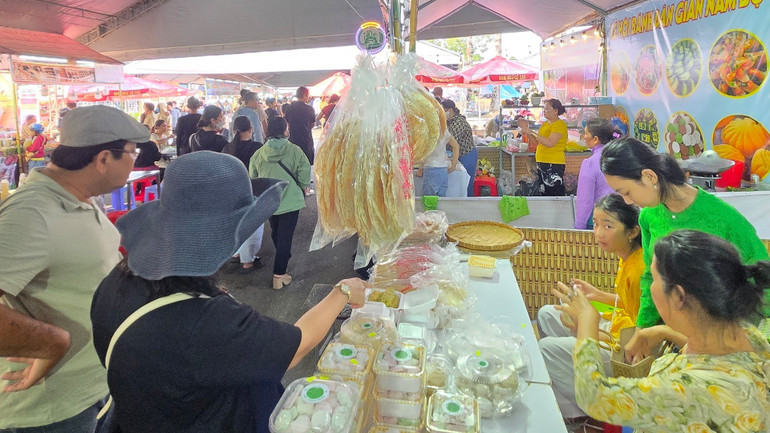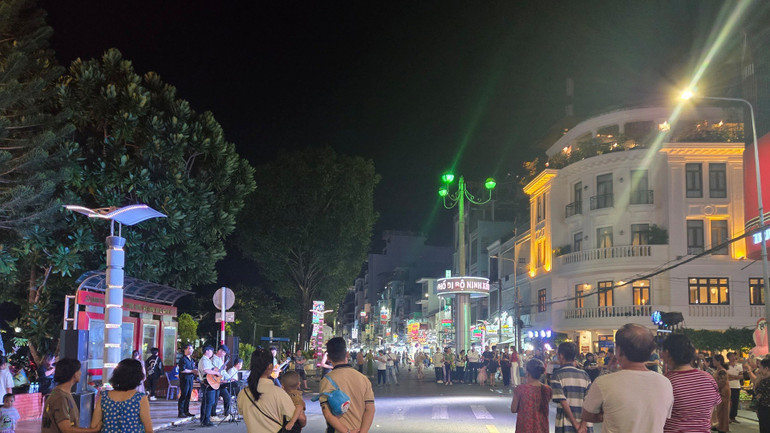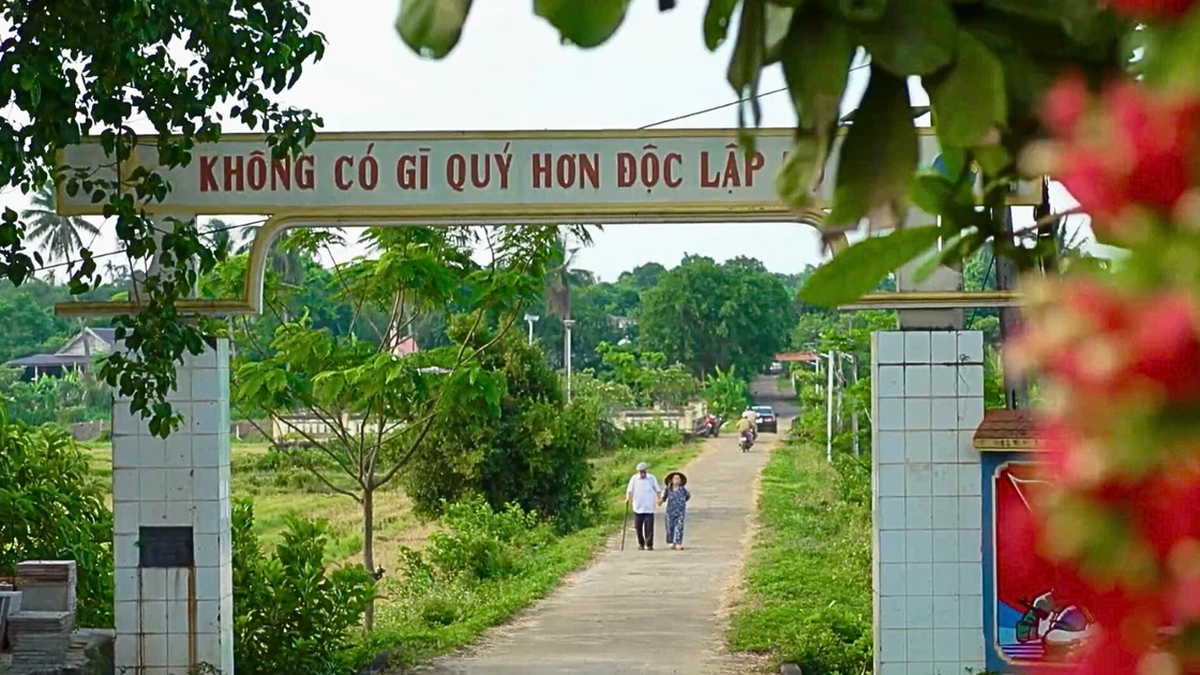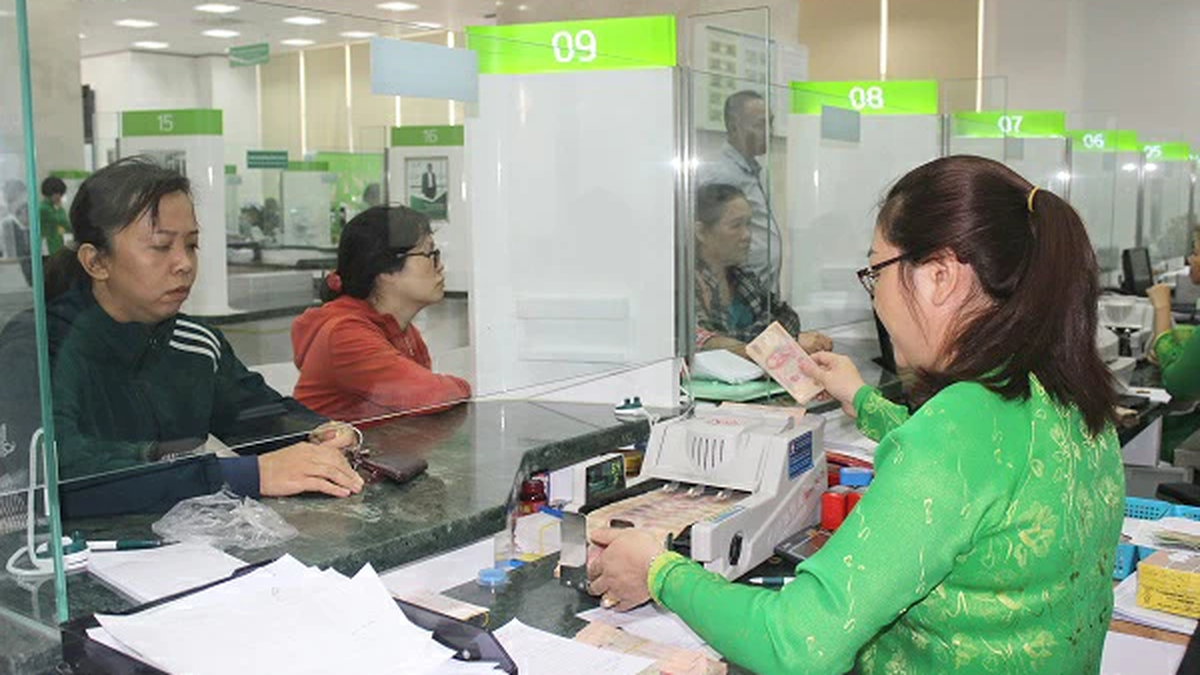
According to the People's Committee of Can Tho City, to promote digital transformation of the tourism industry, the city aims to deploy and develop an online tourism information portal system based on digitizing all destinations, tourism products, cultural and entertainment events in the area using digital maps.
The city applies mobile tour guides, virtual reality, augmented reality and other new technologies. Integrate and connect with applications that allow feedback, suggestions, and satisfaction assessments to receive and process feedback from tourists...
According to the assessment of some experts and travel companies, recently, local authorities have issued many resolutions and specific plans, in which tourism is identified as an economic sector with potential for high technology application and the ability to create great added value.

Telecommunication infrastructure in Can Tho has been invested in relatively synchronously, with wide internet coverage. Tourism businesses in the area have begun to apply management software, electronic payments, and product promotion via digital platforms, contributing to creating a diverse and flexible digital service ecosystem...
Notably, since 2019, Can Tho has deployed a tourism information portal at "http://canthotourism.vn" and "Can Tho Tourism" applications on smartphones. By applying modern technology from artificial intelligence, 3D tours, VR virtual reality, the system helps tourists plan schedules, book rooms quickly, locate destinations and navigate intelligently via interactive maps...
Ms. Nguyen Thi Thuy Linh (a tourist from Hanoi) shared: "Even though it was my first time here, I could still easily search for information such as restaurants and hotels on the Can Tho Tourism application. The virtual reality technology helps me to learn about destination information and experiences before visiting to choose the right tourist destination for my needs."

Despite the changes, Can Tho's digital tourism transformation is also facing many obstacles. It is noted that at some tourist attractions and accommodations in the city, although information technology has been applied, the facilities still operate separately and have not been integrated into a shared database or connected to the city's tourism portal.
Many areas in Can Tho have network infrastructure and transmission lines that do not meet the requirements for deploying modern technologies. Some locations do not support cashless payments. Many places proactively participate in the smart tourism ecosystem while still maintaining traditional, manual habits.
Some businesses believe that local authorities do not have strong or appropriate support policies to promote effective digital transformation for businesses and tourism establishments. Many establishments have difficulty accessing technology, finance, and specialized personnel.
In addition, the city's tourism portal and application are often slow to update and lack connections to the online ticket and room booking system. The lack of interaction and data synchronization between agencies and businesses means that these platforms are not yet at their best.
In fact, currently, training programs at some facilities still lack practicality and are not completely in line with market requirements while businesses always need human resources who are not only strong in expertise, but also proficient in foreign languages and technology.
Ms. Le Dinh Minh Thy, Director of Vietravel Tourism Company, Can Tho branch
Many workers in the tourism industry have not been properly trained in digital technology, lack the skills to use promotional platforms, book services online, or operate smart tourism software. Meanwhile, the rapid pace of change in the tourism industry requires human resources to constantly update their technological skills.
To promote digital transformation in the tourism industry, in the coming time, Can Tho needs to continue investing in upgrading the information portal system and smart tourism mobile applications, ensuring full integration of essential services such as booking, buying tickets, locating destinations, suggesting schedules, cashless payments, etc.

The city needs to complete regulations related to sharing tourism data, protecting user information, encouraging the socialization of technology infrastructure and issuing policies to encourage destinations and businesses to actively participate in the smart tourism ecosystem, gradually attaching digital transformation criteria to the evaluation and ranking of destinations and accommodation establishments.
Schools need to update training programs, enhance digital skills, information technology, foreign languages; Open courses on AI applications, big data, virtual/augmented reality, IoT in tourism activities; Training on building and operating digital tourism platforms, mobile applications, chatbots; Training on marketing, sales, customer management through digital tools.
Lecturer Dinh Hieu Nghia (Can Tho College of Tourism)
Raising public awareness of the role and benefits of digital transformation plays an important role. It is necessary to diversify communication channels, spread typical digital tourism models, create motivation for organizations and individuals to participate, and join hands to promote Can Tho tourism to transform towards modernity, professionalism and sustainability.
According to lecturer Dinh Hieu Nghia (Can Tho College of Tourism), the development of high-quality human resources in the 4.0 era needs to be focused on and promoted. Tourism workers must be equipped with digital technology application skills and view digital transformation as an opportunity and challenge to affirm the value of providing smart services and changing the way tourists interact with the digital environment.
Source: https://nhandan.vn/xay-dung-he-sinh-thai-du-lich-thong-minh-post896408.html


































































































Comment (0)